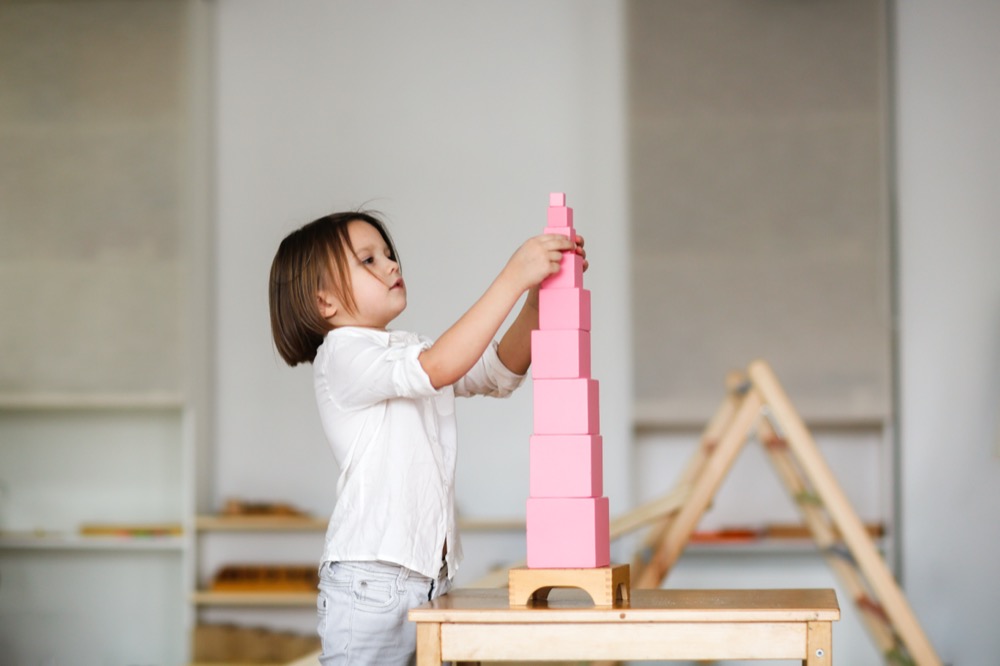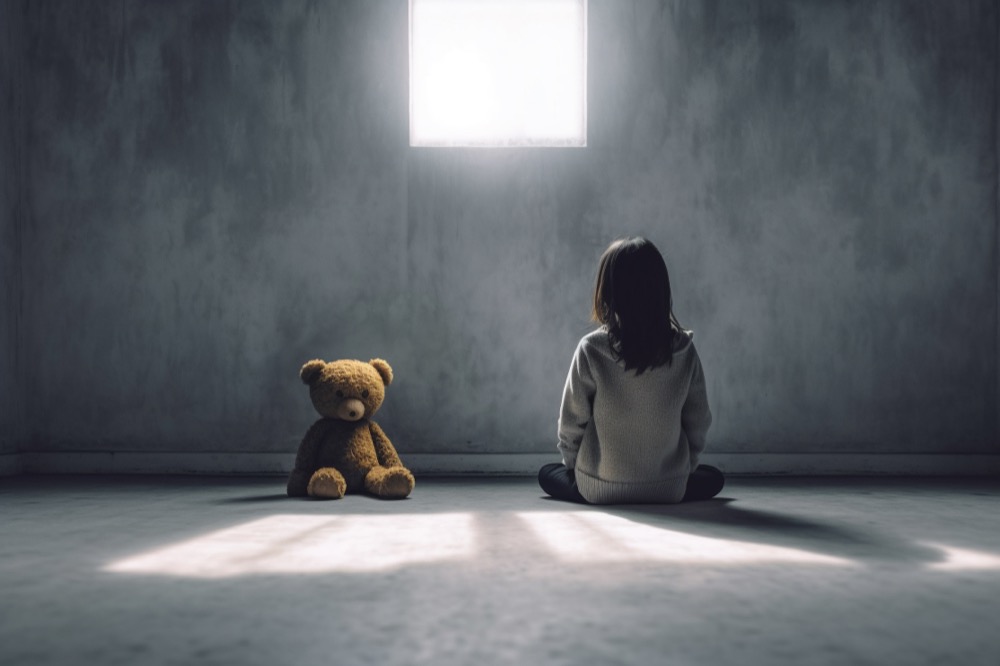Child and Family Therapeutic Services

Play Therapy
Play is a child’s intuitive way of communicating, learning and processing life. Children are limited in their verbal ability to share how they think and feel about their world. Children under the age of 10 can use play to share significant experiences and how they feel about them. Play therapy can be used to support cognitive, behavioral and emotional challenges.
- Behaviors resulting from bullying, grief, divorce, trauma
- Anxiety, depression, hyperactivity
- Learning and social difficulties
Benefits of Play Therapy
Play therapy can seem pretty fun, but it can also show some big successes! Research supports this as helpful for all ages, but especially ages 3-12 years. Play therapy is a child-centered model that allows the therapist to communicate and model skills, and generally enter the world of a child in a respectful and effective way. Play therapy helps children:
- Experience and express emotions
- Develop respect for self and others
- Find creative solutions to problems
- Build connection with family
- Develop empathy and social skills
Kids deal with grief, violence, and discrimination too. The imaginative world of play is a way to enter those hurts and help them navigate their world.

Parent-Child Therapy
When their child is hurting, parents also hurt. Inversely, the parent-child relationship is key to helping children to flourish. Participating in therapy sessions can help parents develop some of the same skills used by play therapists. This impacts healing and growth and often better than individual play therapy outcomes for ages 3-8 years of age.
- Recognize parental burnout and other responses to parenting a child in distress
- Improve connection and co-regulation skills
- Learn key skills that empower you and your child

